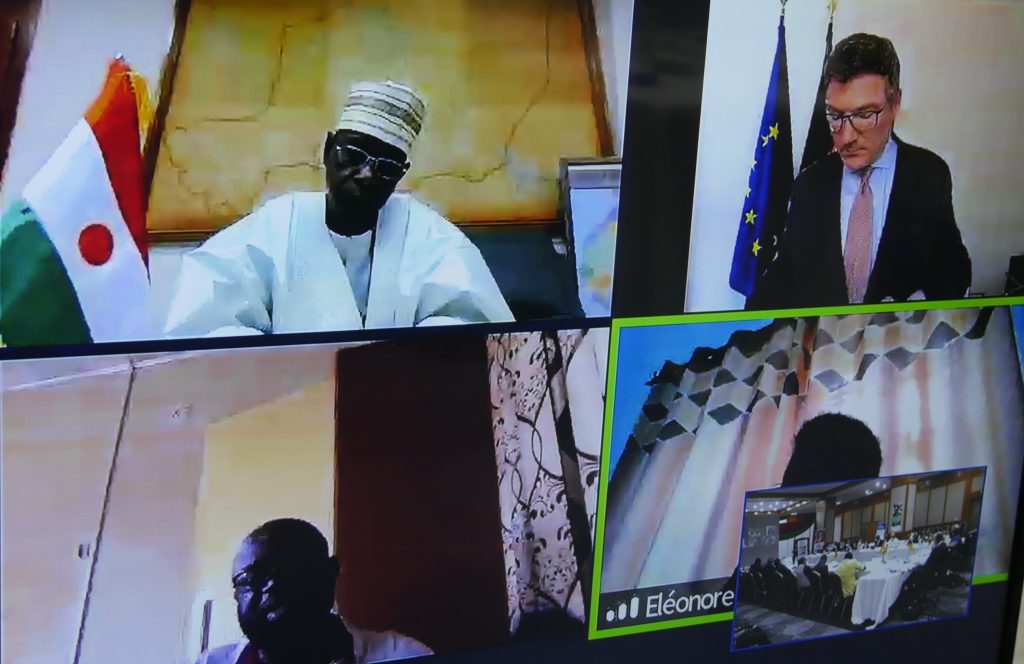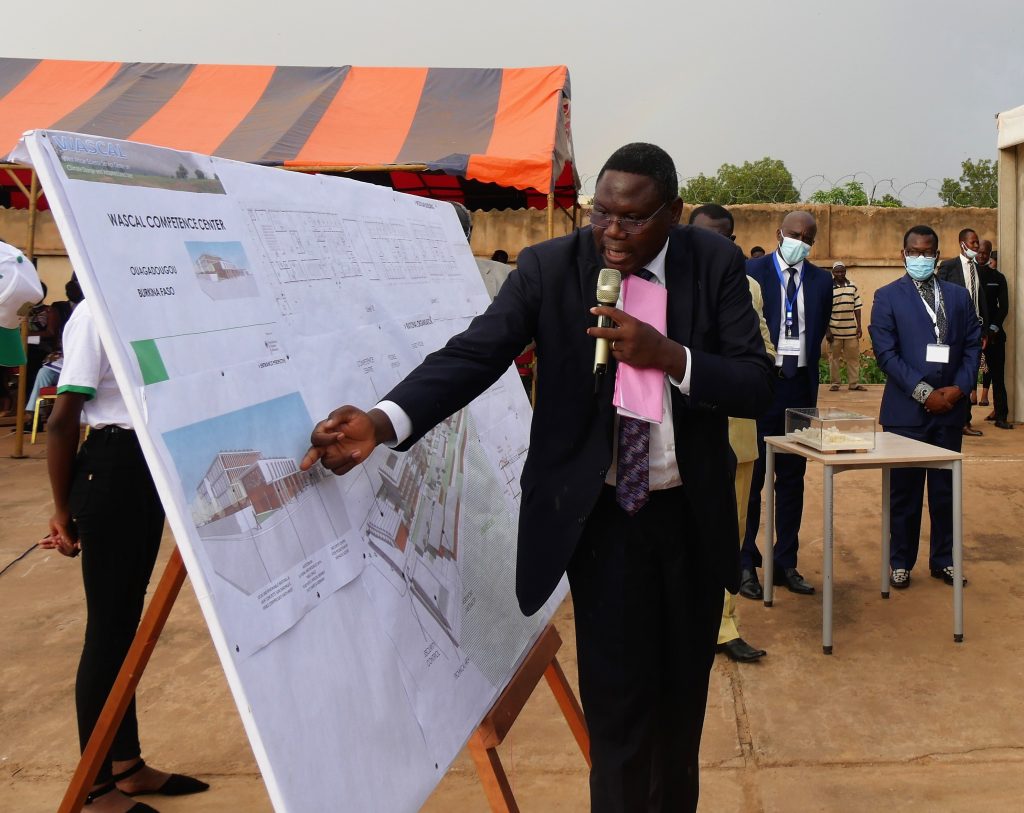
The German Federal Ministry of Education and Research (BMBF) has so far invested €120 million towards the running of one of West Africa’s Climate Change and Renewable Energies Centres of Excellence WASCAL.
This was contained in a speech by Dr. Stefan Kaufmann, Innovation Commissioner for Green Hydrogen at BMBF during the 4th WASCAL Ministerial Council Meeting held in Ouagadougou, Burkina Faso.
“All in all, the BMBF has up to now invested more than €120 million in WASCAL activities to strengthen climate resilience, to develop renewable energy supply and to build up a green hydrogen economy.” He explained.
He expressed his delight about the deepened and broadened relationship between the BMBF and WASCAL and how the latter was increasingly developing into a crucial regional hub for Climate Change related research partnerships between Germany and the region.
Dr. Kaufmann also expounded on auspicious areas where BMBF contuses to collaborate with WASCAL to ensure the fruition of the various projects and programmes.
“One of these auspicious topics is “Renewable energy”! I am convinced: renewable energies offer huge opportunities for the sustainable development of West Africa. With your support, we have launched numerous new projects covering the topics that have been defined by you, our African partners. With the Hydrogen Atlas, which is developed by WASCAL together with the Jülich Research Centre and the regional energy agency ECREEE, we are taking the next step together. Green hydrogen offers the historic opportunity to advance the climate-neutral industrialization of the continent. West Africa can become a pioneering region in this regard. The atlas shows: the ECOWAS region has enough space and potential for solar and wind energy to not only cover its own energy demands, but also to export energy in the form of green hydrogen. I am looking forward to discussing the results and the recommendations and next steps derived from them with the honourable Ministers later on” He emphasized. He then officially announced the ground-breaking for the commencement of the WASCAL Competence Centre.
“I am very pleased to announce that after a long planning period, we will lay the foundation stone for a new building for the WASCAL Climate Competence Centre in Ouagadougou. The modern new building will house WASCAL’s research and data centre and the graduate school for scientific data management at the University of Ouagadougou. We are providing roughly seven and half million euros for this new building including the interior equipment.”

“The new building of the Competence Centre will enable WASCAL to become one of the top research institutions in the region and Africa, offering top-level research results and environmental and climate services as well as research management with visible impact to decision-makers and with the broadened portfolio also new technologies for climate friendly energy supply.” He stated.
Since 2012, BMBF has invested more than €70 million in research, capacity development and the expansion of observation networks. the launch of the six large new joint research projects within the second WASCAL research phase, with BMBF funding of €11.5 million euros has also been launched. The research will help strengthen climate resilience in West Africa in your countries. In addition, BMBF will invest another €12.5 million in this new batch. Besides this we are taking the next step in expanding the WASCAL Graduate School Programme to cover the emerging topic of Green Hydrogen: It is also worth noting that a new graduate school programme on green hydrogen has just been launched, with the first batch of 60 students from all ECOWAS countries starting in October this year.
The Innovation Commissioner for Green Hydrogen at BMBF finally admonished West African Governments to embrace the opportunity to committedly ensure the success and sustainability of the institution, as BMBF has committed. “I would like to emphasize again that BMBF is willing to contribute to the long-term development of WASCAL as a West African research infrastructure and to support the institution with substantial funds for research and capacity development beyond the start-up phase. WASCAL is an international organization of your countries, in the establishment and further development of which Germany has assumed a special responsibility. I would like to continue this commitment and we need your initiative, your wisdom and your courage” He concluded
The WASCAL Ministerial Council Meeting is a biennial meeting of various West African sector ministers, to dialogue on critical issues facing Climate Change and Renewable Energies and to deliberate on WASCAL’s role in the fight against it while improving livelihoods in West Africa.

